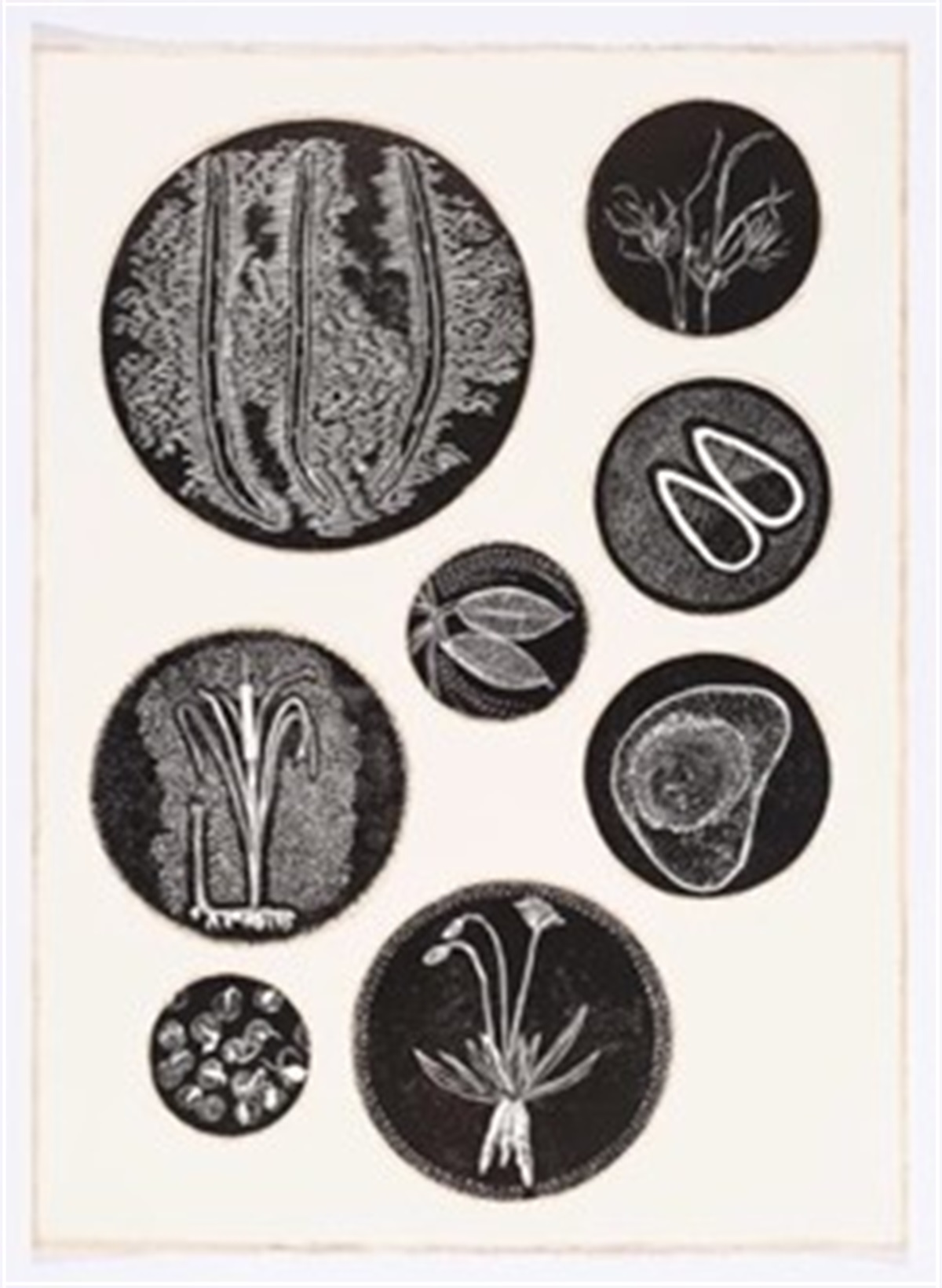Worldwide, traditional, complementary, and integrative medicine (TCI) is central to health and well-being for millions of people. At the Permanent Mission of India in Geneva today the World Health Organization(WHO) signed a new multi million five-year agreement with the Ministry of AYUSH, Government of India to boost the development of new TCI technical documents by WHO.
“This collaboration will play an important role not only in the globalization of evidence-informed traditional, complementary, and integrative medicine but also in mainstreaming proven TCI practices in national health systems towards achieving universal health coverage and well-being,” said Dr. Bruce Aylward, Assistant Director-General of the Universal Health Coverage and Life Course Division of WHO.
His Excellency Shri Indra Mani Pandey, Permanent Representative of India to the United Nations and other International Organizations in Geneva, in signing the agreement stated “Today’s signing of this agreement will not only support the development of the TCI Global Strategy – but it will also support the integration of evidence-based Traditional and Complementary Medicine in national health systems, bio-diversity conservation and the sustainability of medicinal plants. India is committed to working with WHO to strengthen Traditional Medicine Systems globally and especially in supporting fellow developing countries in promoting their own traditional medicine systems”.
The Government of India has been a long-time supporter of the WHO Traditional, Complementary, and Integrative medicine unit. The unit develops key benchmark documents, standardized terminologies, and other evidence-informed technical products to enhance the acceptability and credibility of the traditional medicine systems. The new agreement, the third in a series of such agreements, exemplifies India’s commitment to both technical and financial collaboration with WHO on this important area of work.
In August 2023 in Gujarat, India, where the new WHO Global Centre for Traditional Medicine was established, the first traditional medicine global summit launched the Gujarat Declaration. The declaration paves the way for collaborative efforts in making traditional medicine an important component of national health systems.
Through this new agreement, the Government of India will continue to support WHO to develop benchmarks for training and practice in Siddha, training modules on the quality and safety of herbal medicines, the international herbal pharmacopoeia among other activities over the next five years for the advancement of traditional medicine.







